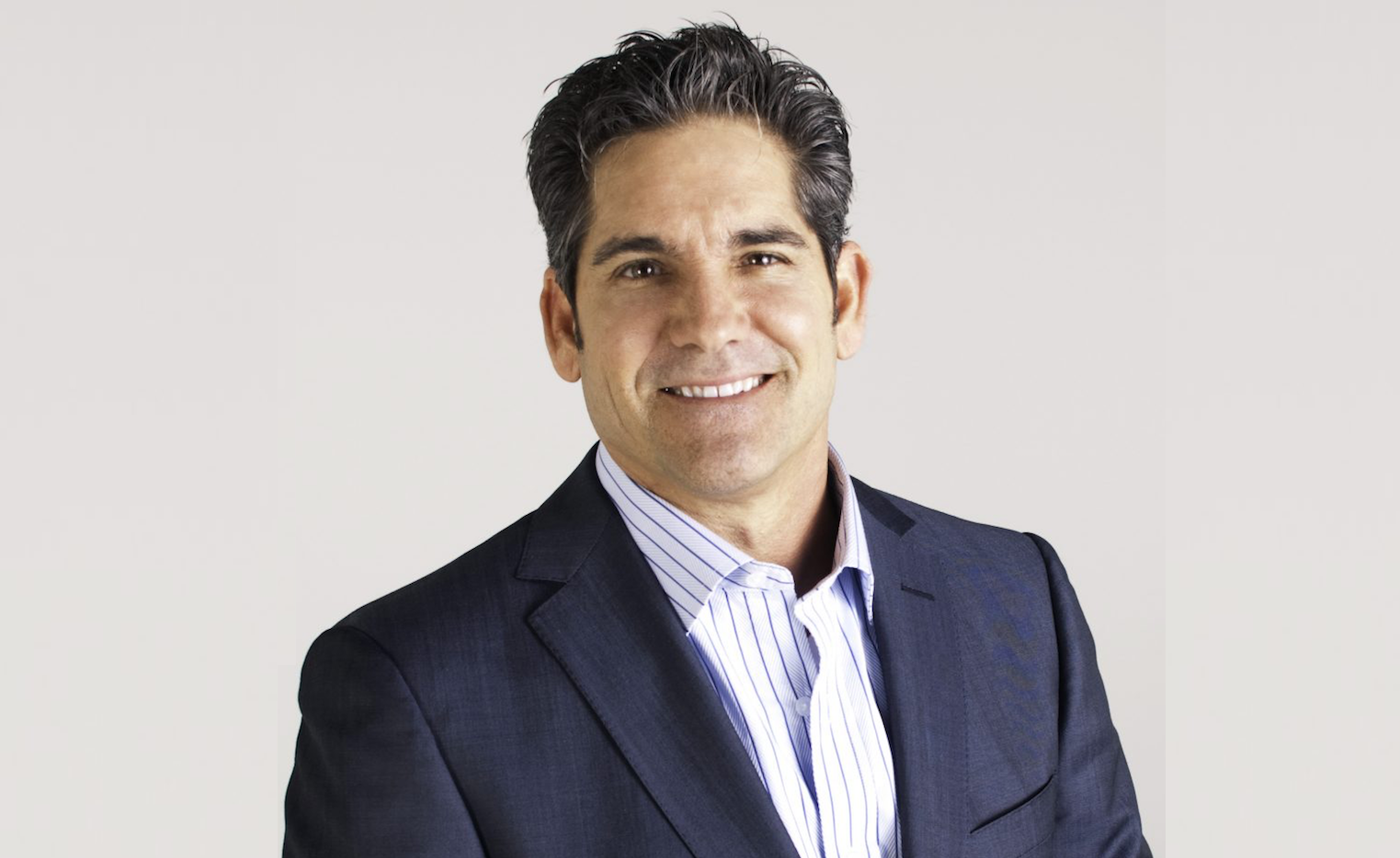
Grant Cardone, renowned entrepreneur and real estate investor, has reaffirmed his outspoken stance on central banking policy, commenting, "Is Jerome Powell just evil? The only people punished by high interest rates are regular people." This statement, recently shared by Cardone on social media, crystallizes his perspective on the Federal Reserve’s current interest rate policy and its real-world impacts.
Cardone’s viewpoint arises from decades of experience navigating interest rate cycles as a business leader and investor. As the founder of Cardone Capital and author of multiple best-selling guides on real estate and finance, Cardone has built a reputation for championing strategies that provide financial mobility to average Americans. His extensive following stems not only from his investment record but also from his practical guidance targeting working-class wealth creation. This background provides a unique perspective to his blunt critique of monetary policy.
The Federal Reserve, under the leadership of Chair Jerome Powell, has maintained interest rates within a range of 4.25% to 4.5% through much of 2025, citing inflation rates that remain above its 2% target. Policymakers have emphasized their dual mandate to balance maximum employment with price stability, and have held rates steady despite mounting public and political pressure for cuts. While central bank officials argue that high interest rates are necessary to restrain persistent post-pandemic inflation, particularly as the effects of tariffs work through the economy, critics like Cardone argue that the consequences of a higher-rate regime are most acutely felt by those without significant financial assets.
Cardone’s assertion that “regular people” are being punished is rooted in the functioning of interest rates across the economy. Elevated borrowing costs make mortgages, car loans, and business capital more expensive, directly squeezing household budgets and inhibiting access to credit for consumers and small entrepreneurs. This is particularly impactful in an era when wage gains haven’t always kept pace with the increased costs of servicing debt or obtaining new financing.
Conversely, those with significant wealth or investment portfolios typically have access to more sophisticated means of hedging or even benefiting from shifting rate environments.
For Cardone, whose platform is built around encouraging ordinary individuals to build and leverage wealth through education and strategic investment, these conditions highlight the limitations facing the majority of Americans. His criticism, while clearly incendiary, resonates with a segment of the public that perceives central bank policy as disconnected from the daily realities of household finance.
Cardone’s skepticism of policy decisions also fits within a broader climate of political debate, as fiscal policymakers from both sides of the aisle - and most notably, President Trump - have openly questioned Fed leadership and called for swifter rate cuts.
As inflation data continues to influence interest rate policy, the divide between policymakers’ macroeconomic objectives and the lived experience of consumers remains a central feature of the economic landscape. Cardone’s critique, rooted in his extensive experience helping individuals navigate financial challenges, further highlights the ongoing debate about who truly bears the consequences of central banking decisions — and whose voices are most influential in shaping future policy.







